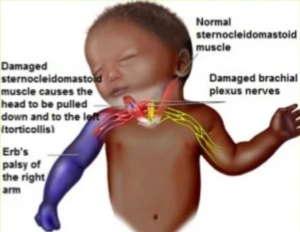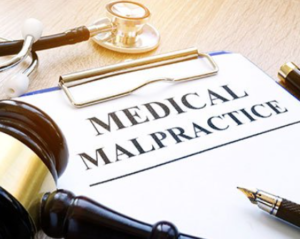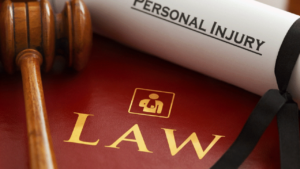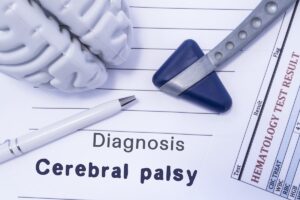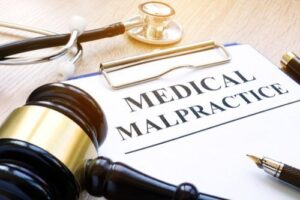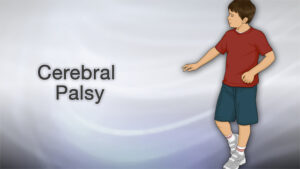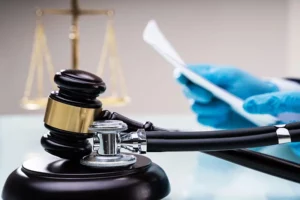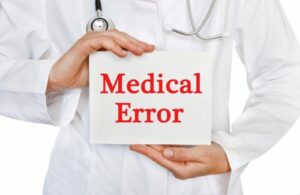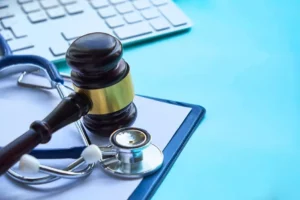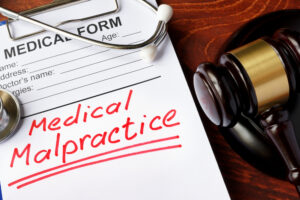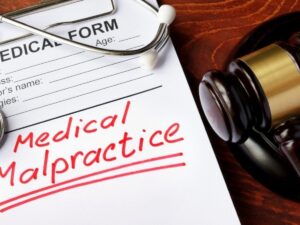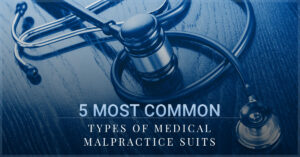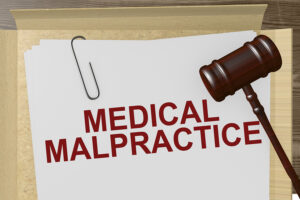When sick or injured, people are at their most vulnerable and they depend on medical professionals to take care of them in their weakened state. Unfortunately, some medical professionals fail to provide the level of care their patients deserve.
If a medical professional causes or worsens an injury by failing to exercise due care, they have committed medical malpractice and may be held responsible for their actions. Read on to learn more about medical malpractice and how to secure recovery.
WHAT IS MEDICAL MALPRACTICE?
A medical professional commits medical malpractice when they are negligent in providing care to a patient. A medical practitioner is negligent if they fail to provide a level of care you would expect of a similarly situated, reasonable, and competent medical professional. Medical malpractice occurs when a medical professional fails to provide appropriate treatment, provides incorrect treatment, or otherwise provides substandard treatment that harms a patient.
Anyone operating in the medical field, not just doctors, can commit medical malpractice. This includes nurses, anesthesiologists, physical therapists, medical laboratories, pharmacies, hospitals, and medical clinics.
Examples of actions that could constitute medical malpractice include:
- Failure to diagnose a medical condition;
- Misdiagnosing a medical condition;
- Prescribing the wrong medication;
- Failure to consider a patient’s medical history or underlying issues in providing treatment;
- Performing unnecessary medical intervention, such as surgery;
- Errors during surgery, such as operating on the wrong body part; and
- Failure to secure necessary testing based on a patient’s symptoms
The above list is, of course, inexhaustive, but gives an idea of acts that could rise to a medical malpractice claim.
Common injuries caused by medical malpractice include:
- Infections: Negligent sterilization or failure to eliminate contaminants can infect an incision site during a surgery;
- Unnecessary incisions: If a patient is misidentified or a doctor makes an error during surgery, a patient may suffer from an unnecessary incision;
- Overdose and allergic reactions: If doctors prescribe the wrong medication, an inappropriate dose, or a medication that reacts adversely with other medicine the patient takes, the patient may suffer from many adverse effects, such as overdoses or allergic reactions;
- Deteriorating condition: If doctors misdiagnose or unduly delay a diagnosis, the patient’s condition might deteriorate even further, causing them to suffer from worsening symptoms and making the medical issue more difficult to resolve;
- Birth injuries: Injuries to a baby are possible from improper treatment or diagnosis anytime throughout the pregnancy or the birth process, potentially resulting in such devastating conditions as cerebral palsy or intracranial hemorrhage.
Medical malpractice is more common than one might expect. Medical error leads to 250,000 deaths a year in the United States, making it the third leading cause of death, just behind heart disease and cancer.
HOW TO RECOVER COMPENSATION FOR MEDICAL MALPRACTICE
Victims of medical malpractice can file a lawsuit to recover compensation for their injuries. A successful medical malpractice lawsuit requires strong evidence that a medical professional or entity breached (violated) the duty of care to which they are legally bound. A victim must also show that this violation was the direct cause of their injuries. Hiring an attorney in these complex cases is a good idea for many reasons, one being that they can work with a victim to gather evidence of negligence on the part of a medical provider. This often includes a review of the victim’s medical records and input from medical experts.
Victims also need to prepare an assessment of the damages they have suffered because of the medical professional’s negligence.
Common damages include:
- Medical expenses: Plaintiffs may hold a medical professional liable (legally responsible) to compensate a patient for any expenses arising from injuries a patient suffered from malpractice. This may include bills for additional treatments, hospital stays, medication, and physical therapy. If medical care to treat the injuries will be ongoing, a damages assessment may include the cost of future medical care.
- Lost income: If the injuries require a victim to miss work or work a reduced schedule, they may recover compensation for lost wages. The defendant may also be held liable for future lost wages and diminished earning capacity.
- Emotional distress: In addition to the physical pain caused by medical malpractice, many victims also suffer emotional distress. Patients seek medical treatment to improve the quality of their lives—treatment that, rather, makes life worse can be traumatizing. Victims of medical malpractice frequently develop anxiety and depression, and the assessment of your damages can take that harm into account.
- Loss of enjoyment: If a victim’s injuries keep them from participating in activities that were previously a meaningful part of their life, they can seek compensation for such loss.
- Punitive damages: Punitive damages punish the defendant for egregious behavior instead of compensating the plaintiff for injuries. The behavior that may warrant punitive damages varies from state to state. A medical malpractice victim should consult with an attorney to determine if punitive damages are available in their case.
Some states cap the amount of damages an individual can recover in a medical malpractice lawsuit. An attorney can help prepare a comprehensive damages assessment, accounting for any applicable limitations on medical malpractice recovery. A jury or the judge will consider your damages demand if your case proceeds to trial, but the demand sets the groundwork for negotiating any settlement with the defendant.
CONTACT AN EXPERIENCED MEDICAL MALPRACTICE ATTORNEY
Medical Malpractice Lawyer, Yale Spector
An experienced medical malpractice attorney can be immensely valuable to a victim’s recovery. Such attorneys will often provide free consultations to consider the unique facts of your case and present your legal options.
If victims choose to retain the attorney going forward, their attorney can prepare a strategy to maximize recovery, compile evidence supporting claims, prepare a damages demand, draft and file any necessary court documents, communicate with the defendant and their insurance provider, and assess any settlement offers. An experienced attorney’s services can provide immense relief to medical malpractice victims as they seek recovery from their injuries and focus on healing.
Spector Law Group

